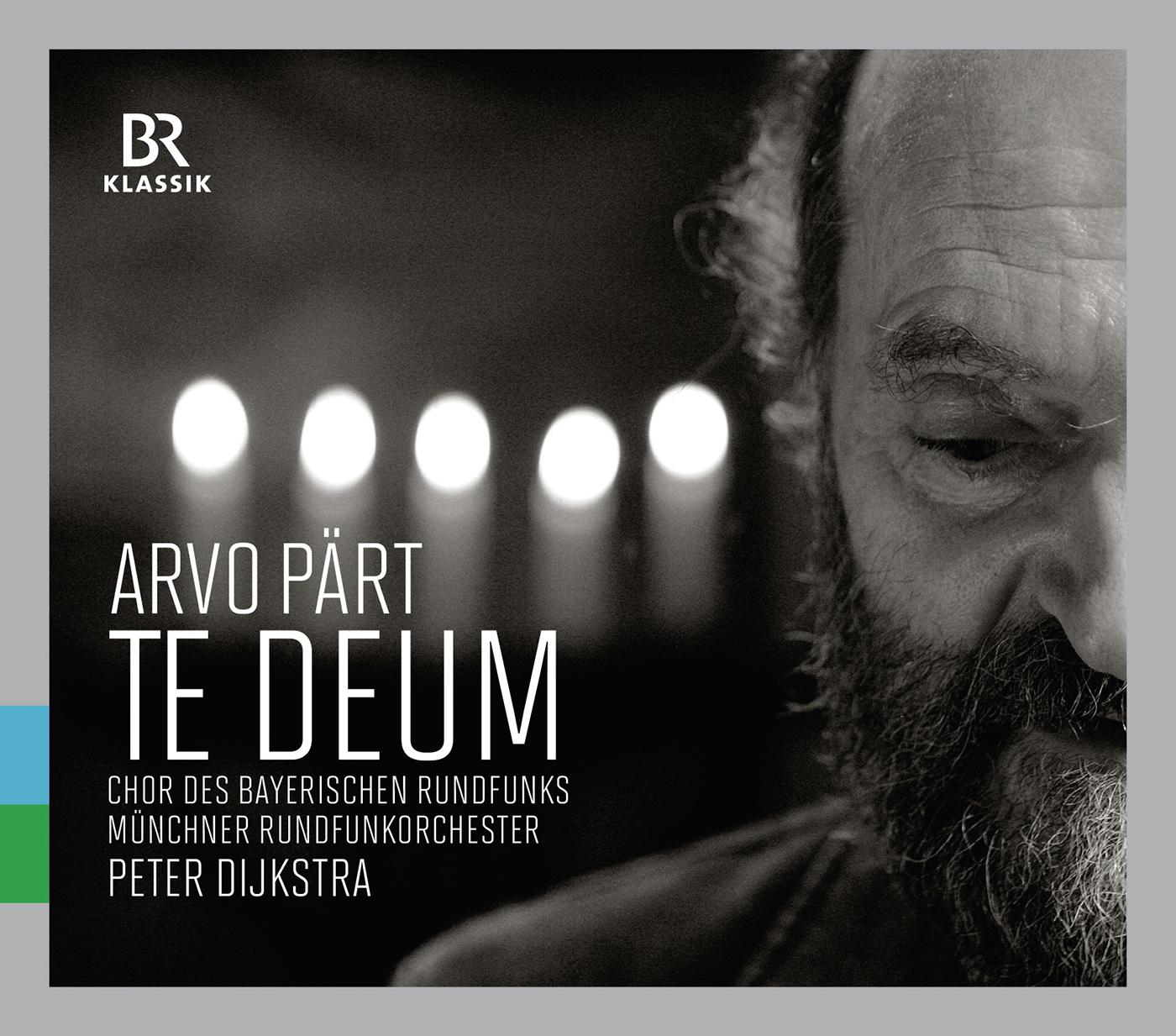Peter Berlin: Mastering the Art of Sustainable Urban Planning
Guide or Summary:Sustainable Urban PlanningPrinciples of Sustainable Urban PlanningStrategies for Sustainable Urban DevelopmentTools and Techniques in Susta……
Guide or Summary:
- Sustainable Urban Planning
- Principles of Sustainable Urban Planning
- Strategies for Sustainable Urban Development
- Tools and Techniques in Sustainable Urban Planning
Title: "Peter Berlin: A Strategic Guide to Sustainable Urban Development"
In the ever-evolving landscape of urban planning, one name stands out as a beacon of innovation and sustainability: Peter Berlin. His expertise in crafting cities that harmonize with nature, foster community engagement, and promote economic growth has garnered international recognition. This comprehensive guide delves into the principles, strategies, and tools that Peter Berlin employs to create sustainable urban environments, offering valuable insights for urban planners, policymakers, and enthusiasts alike.

Sustainable Urban Planning
Sustainable urban planning is the practice of designing cities that meet the needs of present and future generations without compromising the environment. It encompasses a wide range of considerations, from energy efficiency and green infrastructure to social equity and economic viability. Peter Berlin's approach to sustainable urban planning is rooted in a deep understanding of these complex interplays, enabling him to develop holistic solutions that address multiple facets of urban life.
Principles of Sustainable Urban Planning
At the core of Peter Berlin's philosophy is the integration of green spaces, efficient transportation systems, and renewable energy sources. By prioritizing these elements, he ensures that cities are not only environmentally friendly but also resilient to climate change and other external pressures. His work emphasizes the importance of community involvement in the planning process, recognizing that local knowledge and preferences are crucial for creating cities that truly serve their inhabitants.
Strategies for Sustainable Urban Development
Peter Berlin's strategies for sustainable urban development are multifaceted, encompassing everything from urban agriculture to smart water management. He advocates for the use of sustainable building materials and innovative construction techniques, such as passive solar design and green roofs. By promoting the use of public transport, cycling, and pedestrian-friendly infrastructure, Berlin aims to reduce carbon emissions and improve air quality.

Furthermore, Berlin's approach to urban planning is deeply inclusive, ensuring that all community members have a voice in shaping their environment. He recognizes the importance of social equity in sustainable development, advocating for policies that address housing affordability, access to healthcare, and educational opportunities.
Tools and Techniques in Sustainable Urban Planning
Peter Berlin's expertise extends to the use of advanced tools and techniques in urban planning. These include Geographic Information Systems (GIS) for data analysis, Building Information Modeling (BIM) for design optimization, and Life Cycle Assessment (LCA) for evaluating the environmental impact of materials and construction methods. By leveraging these technologies, Berlin can make informed decisions that balance environmental sustainability with economic feasibility.
In addition, Berlin's work often incorporates the principles of permaculture, a design system that mimics the patterns found in nature. This approach emphasizes the creation of self-sustaining ecosystems within urban spaces, fostering biodiversity and resilience.

Peter Berlin's work in sustainable urban planning is a testament to the power of thoughtful, inclusive, and innovative approaches to city-building. His strategies, principles, and tools offer valuable lessons for anyone involved in shaping the future of our urban environments. By embracing the ideas and methodologies presented in this guide, urban planners and policymakers can create cities that are not only sustainable but also vibrant, equitable, and resilient. In doing so, they will be taking a significant step towards a more sustainable and livable future for all.